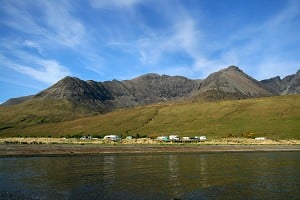In reply to Babika:
Interesting; actually very similar - I had to repeatedly get the GP to engage in whether norethisterone was an issue at altitude given vague references to the risk of clotting and they just said they didn't know of any issues. I'm not sure if that meant they didn't ask, though... trying to navigate managing menstruation and other female-prevalent issues and altitude is a whole minefield in itself. My strong suspicion is that there is very close to f all research into women's health in mountaineering.
Actually, nicely, it was the asthma nurse who was most helpful and pragmatic in warning me about starting Fostair (which for me, caused an odd sort of restlessness and stopped me sleeping) when in the Alps - even though I was clearly overdue for having had better asthma support before then.
Post edited at 13:13
